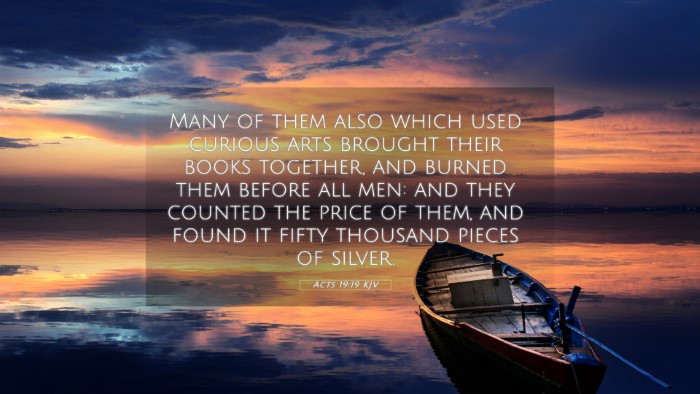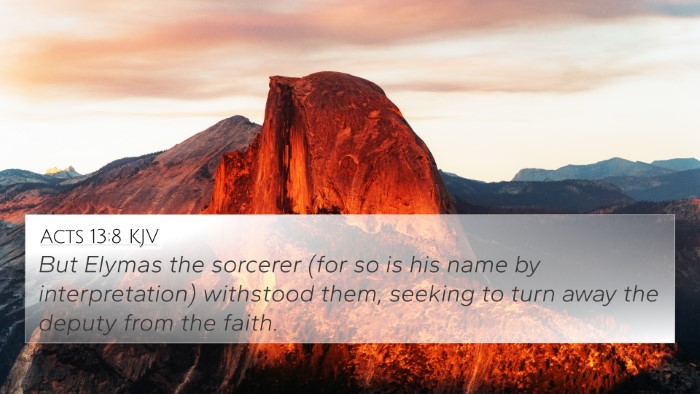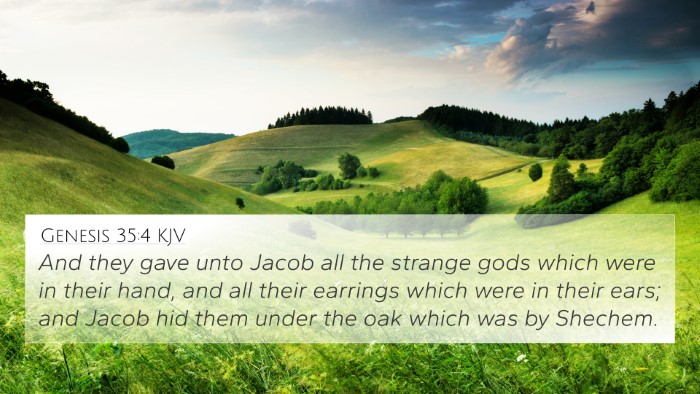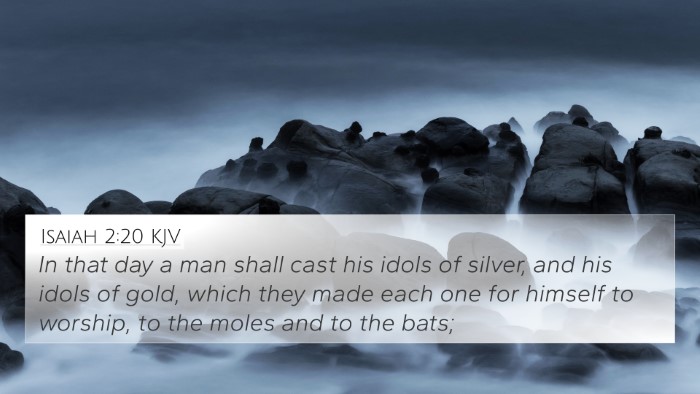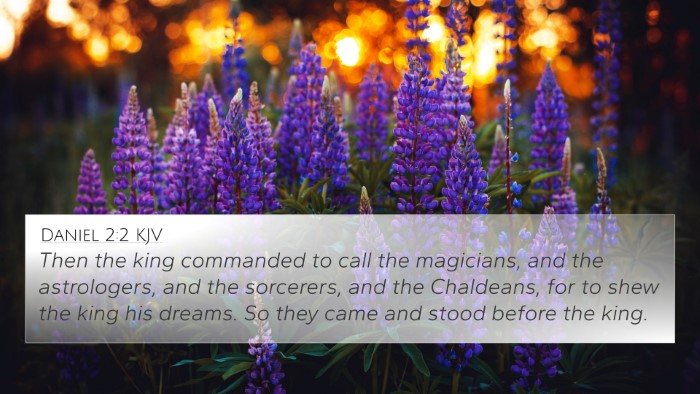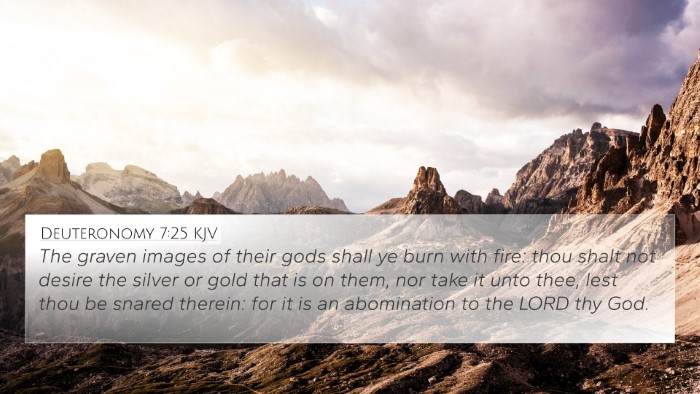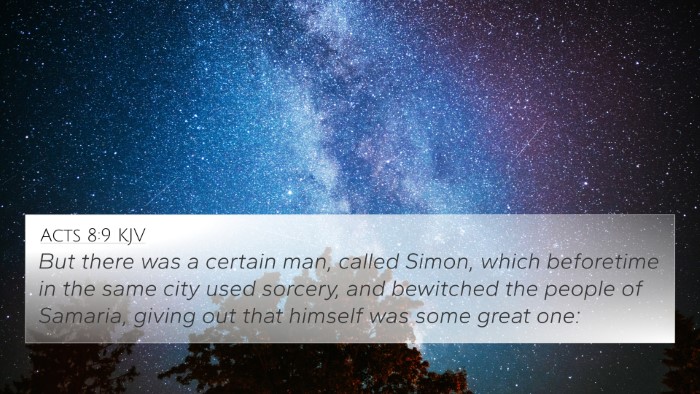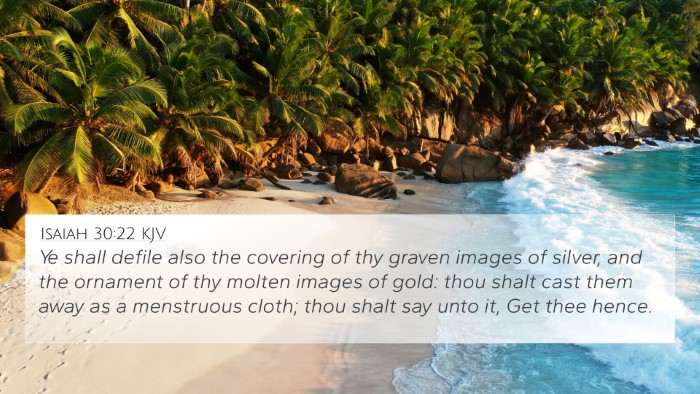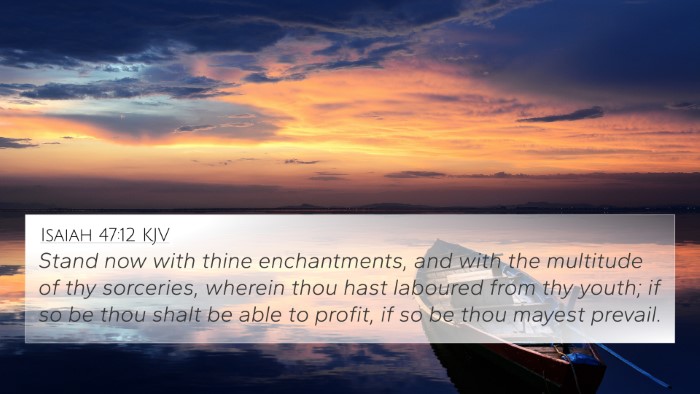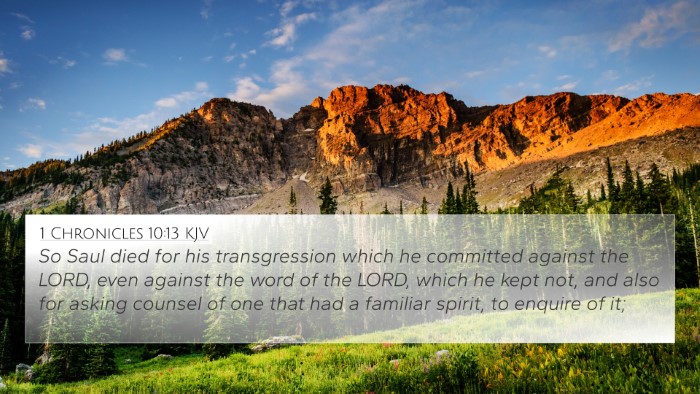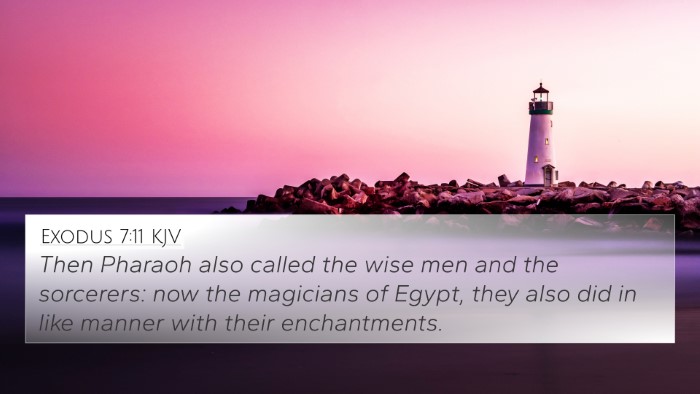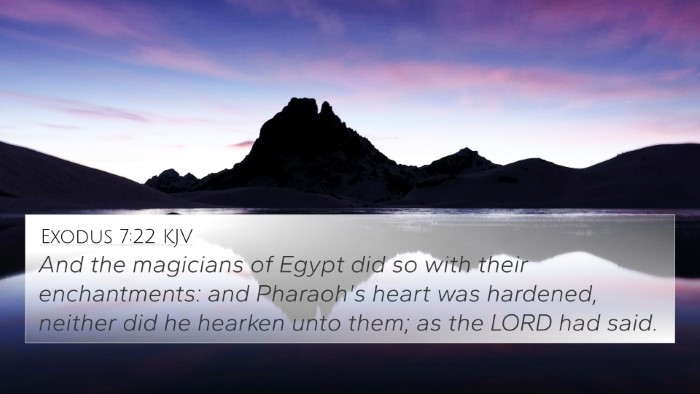Understanding Acts 19:19
Acts 19:19 states, "Many of those who had practiced magic brought their books together and burned them in the sight of all. And they counted up the value of them, and it totaled fifty thousand pieces of silver." This verse illustrates a pivotal moment in the early church, where the power of the Gospel confronted the practice of sorcery and magical arts. Below is a comprehensive analysis of the meaning of this verse, drawing insights from public domain commentaries.
Commentary Insights
Matthew Henry's Commentary
Matthew Henry emphasizes the transformative power of the Gospel. The believers, upon recognizing the futility of their former practices, show their commitment to Christ. The act of burning their books symbolizes a radical break from their past sins, illustrating genuine repentance and a desire for holiness. Henry points out that this was not merely a personal act but a public declaration, enhancing the church's witness in Ephesus.
Albert Barnes' Notes
Albert Barnes notes the significant financial loss represented in the destruction of the magical texts, which totaled fifty thousand pieces of silver. This action conveys the seriousness with which the early Christians took their commitment to God, willing to forsake even valuable possessions for the sake of their faith. Additionally, Barnes highlights that such renunciation of magic was critical in establishing the authority of the Christian message over paganism.
Adam Clarke's Commentary
Adam Clarke discusses the cultural context of magic in Ephesus, noting that the burning of the books serves as a decisive statement against the spiritual climate of the time. Clarke emphasizes that the act was both an individual and collective decision, signifying a community turning away from darkness towards light. This ties into the larger narrative of the early church's struggle against idolatry and spiritual deception.
Cross-References and Connections
The verse Acts 19:19 serves as a thematic link to various other biblical passages, illustrating the broader biblical narrative concerning repentance, the power of the Gospel, and the rejection of idolatry and sorcery. Here are several key cross-references:
- Deuteronomy 18:10-12: God's prohibition against sorcery and divination.
- Isaiah 47:12-15: A prophecy against Babylonian sorcery and the futility of magicians.
- 1 Corinthians 10:21: The warning against participating with demons and idols.
- Galatians 5:19-21: A list of works of the flesh, including idolatry and sorcery.
- Revelation 21:8: The fate of sorcerers and idolaters in the Lake of Fire.
- Acts 8:9-13: Simon the sorcerer and the power of Christ demonstrated in Samaria.
- 1 John 5:21: A warning against idolatry, urging believers to guard themselves.
Thematic Bible Verse Connections
This passage connects to overreaching themes within the Bible, specifically regarding the renunciation of sin and idolatry. Acts 19:19 encourages believers to consider what they may need to forsake in their lives to fully embrace God's calling and reflect on the seriousness of spiritual practices.
Inter-Biblical Dialogue
The act depicted in Acts 19:19 provides a framework for discussing the interconnectedness of Scripture. The transformation of believers parallels various Old Testament narratives where individuals encountered God's truth and chose to abandon their former practices, including:
- Exodus 20:3-5: The commandment to have no other gods before God.
- 2 Kings 23:24: King Josiah's reform to rid Israel of witchcraft and idolatry.
- Jeremiah 10:14: An indictment against the foolishness of idol worship.
Application and Reflection
Reflecting on Acts 19:19 urges contemporary believers to evaluate their lives for practices, objects, or beliefs that may not align with their faith. It serves as a reminder that true commitment to Christ involves more than mere belief; it requires action and sometimes radical changes in one’s life.
This verse also serves as a prompt for Bible study, encouraging believers to explore tools for Bible cross-referencing and consider how to use existing guides in their own study. Cross-referencing scripture allows for deeper insights and understanding of how different passages illuminate similar themes of transformation, obedience, and divine authority.
Conclusion
In summary, Acts 19:19 stands as a testament to the power of the Gospel to change lives and the importance of turning away from practices that do not honor God. The cross-references enhance the understanding of this verse, demonstrating how the practice of sorcery has been viewed throughout scripture, and encouraging believers to draw parallels and connections that enrich their theological understanding.

